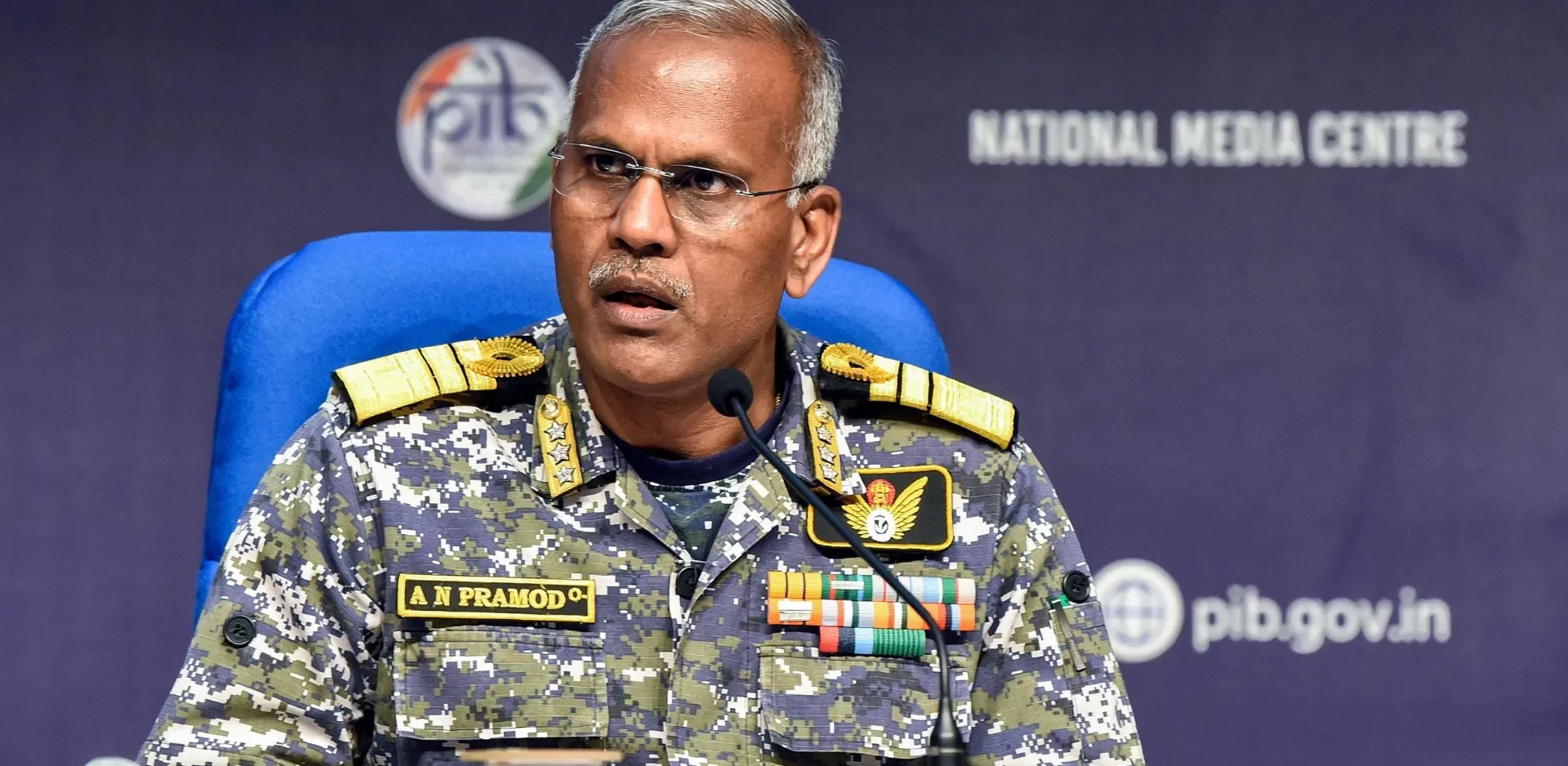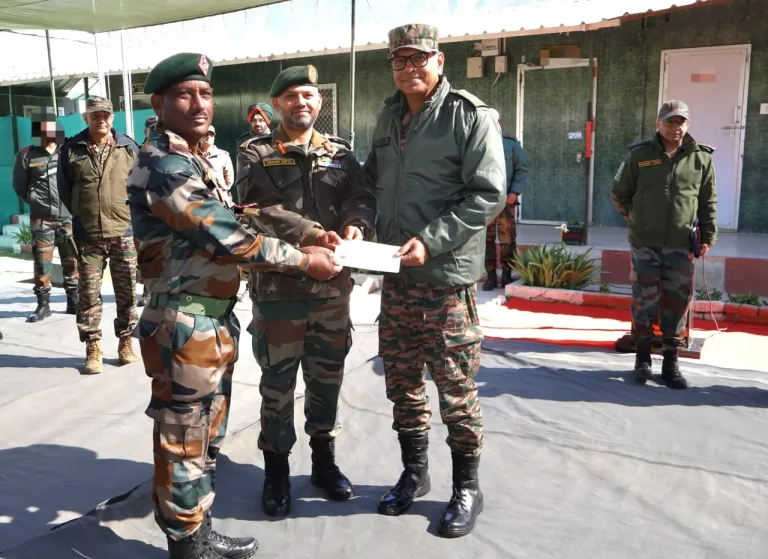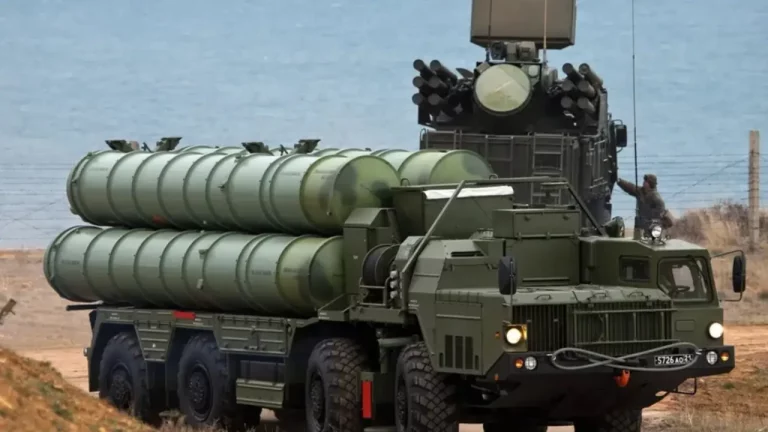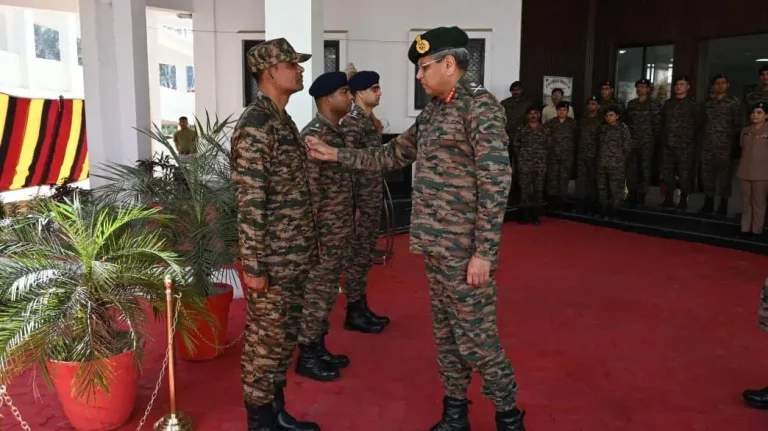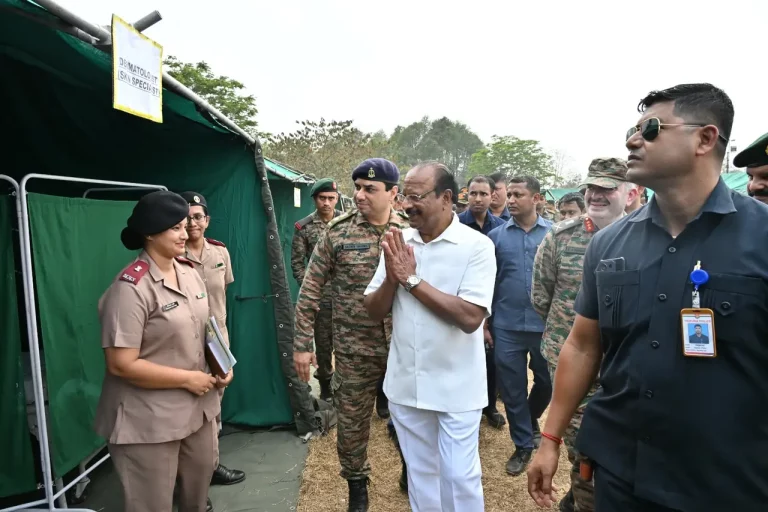In a strong and unequivocal statement, the Indian Armed Forces have sent a clear warning to Pakistan regarding any further provocations, affirming their readiness to respond decisively. This declaration coincides with the ongoing Operation Sindoor, a targeted military campaign aimed at terrorist camps in Pakistan and Pakistan-occupied Jammu and Kashmir (PoJK).
During a high-level press briefing in the national capital, Vice Admiral A.N. Pramod, the Director General of Naval Operations, stressed, “If Pakistan dares take action, they know what we are going to do.” He highlighted India’s maritime superiority, asserting that the Indian Navy possesses both quantitative and qualitative advantages, capable of delivering a “massive blow” to adversaries while maintaining total control of the seas.
Operation Sindoor was initiated as a response to the April 22 terror attack in Pahalgam, Jammu and Kashmir, where terrorists backed by Pakistan killed 26 civilians, including a Nepalese national, and Indian Navy officer Lt. Vinay Narwal. In retaliation, the Indian military targeted nine terror facilities, including the infamous Lashkar-e-Taiba’s Markaz Taiba in Muridke, which has been linked to the 2008 Mumbai attacks.
Vice Admiral Pramod detailed the Navy’s swift mobilization following the Pahalgam incident. Within 96 hours, India’s carrier battle group, submarines, surface ships, and aviation units were deployed to the northern Arabian Sea, fully prepared for combat. Live-fire drills were conducted, showcasing operational readiness, with Karachi actively monitored and within striking range.
“The Navy’s posture at sea forced Pakistan into a hasty appeal for ceasefire,” he noted, adding that most of Pakistan’s naval and air assets were kept docked in harbors or near the coast under constant surveillance. Despite possessing a strategic advantage, India has adopted a response that is “measured, proportionate, and non-escalatory.”
In attendance at the briefing were the Directors General of Military and Air Operations, who confirmed that Operation Sindoor has successfully dismantled key terrorist infrastructures deep within Pakistan. While the military operation has escalated regional tensions, several countries—including Qatar, Iran, Japan, Germany, Israel, France, and Bangladesh—have emphasized the need for de-escalation.
Pakistan’s subsequent reaction included intensified shelling along the Line of Control (LoC), particularly impacting the Poonch sector, resulting in the deaths of 12 civilians and one Indian soldier. India has responded firmly, while also managing escalation thresholds cautiously. Security measures in border states such as Rajasthan have been heightened as a precaution.
In light of these developments, the Indian government organized an all-party meeting aimed at fostering national unity. Political leaders from various parties have expressed their support for the armed forces. West Bengal Chief Minister Mamata Banerjee reiterated her full solidarity with the central government, and Delhi Chief Minister Rekha Gupta issued a stern warning that “bigger steps” could be taken should Pakistan persist in its provocations.
As Operation Sindoor evolves, India’s Armed Forces remain on high alert, with the Navy maintaining its deterrent presence at sea. The overarching message from India is one of a commitment to peace, yet an unwavering readiness to defend its sovereignty and protect its citizens against any threats.
